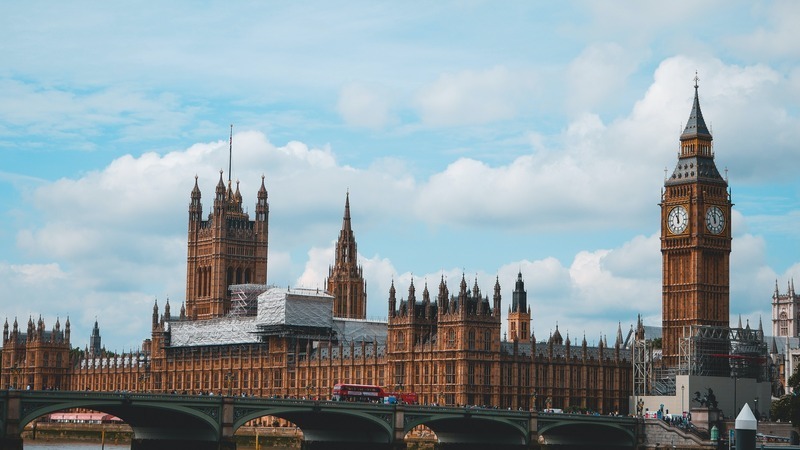
The coronation of King Charles and Queen Camilla resembles a fairy tale with its jewels and horse-drawn carriages. It is also a revered and uncommon religious ceremony among Anglicans. Hymns, Psalms, a reading from the gospel, Communion, and a sermon by the Most Rev. Justin Welby, the Archbishop of Canterbury, are all part of the two-hour service at Westminster Abbey in London.
As King, Charles becomes the Church of England's ultimate governor and the faith's defender. The Most Rev. Geoffrey Fisher, a former archbishop, stressed the spiritual nature of the event, calling it a "sacred sacrament."
King Charles' Coronation Showcases Christian Heritage and Inclusivity
According to Arkansas Online, the spiritual component of the new service is still present even though it will be shorter than prior ones. A Bible will be given to the ruler as a constant reminder of the authority of the law and gospel of God in governing the lives and governments of Christian kings.
Author of "The Shortest History of the Crown," Stephen Bates, claimed that Anglican parishes of all sizes are making a significant effort for King Charles' coronation. The Church of England's position at the center of British society is reaffirmed by this historic event. The celebrations, though, won't just be for Anglicans.
Catholic clerics are welcomed for the first time since the Reformation. The liturgy will include blessings from Cardinal Vincent Nichols, the Westminster archbishop of the Catholic church. According to Archbishop Welby, the church Charles heads would work to "foster an environment in which people of all faiths and beliefs may live freely."
Jewish, Muslim, and Hindu communities all join in the festivities. A Shabbat morning service and coronation ceremony are being held by the Jewish community of Islington. At the Croydon Baitus Subhan Mosque, a Hindu celebration and a halal coronation lunch are planned.
According to another source, The Telegraph said that blessings were distributed among several religious leaders at the most recent coronation of King Charles, showing respect for all religions without undermining the service's firmly Christian foundation. The King referred to religious leaders as "neighbors in faith," underlining their shared commitment to advancing society.
The coronation reflected the exceptional ability of the British monarchy to adapt to the needs of the age while keeping its historical meaning by combining both old customs and modern sensibilities. With the head of state acting as its guardian, the measures are intended to use the country's Christian legacy to regulate and resolve a multifaith society.
The late Queen established "holy hospitality," and now her eldest son is reshaping her legacy in a way that is welcoming and respectful of all religions. This strategy is a spiritual evolution of the Commonwealth.
Also Read: Pope Offers Fragments of Christ's Cross for King Charles' Coronation Ceremony
Coronation Needs to Acknowledge Parliament's Role in Monarchy's Legitimacy
The recent crowning of King Charles emphasised diversity and religious leaders, but it paid little attention to Parliament's role in upholding the monarchy's legitimacy. In the article shared in MSN, the formal acknowledgement of both Houses of Parliament needed to be more conspicuously lacking, as well as the respect shown by peers at previous coronations.
The monarchy may seem like a more appealing option at a time when politicians' reputations are at a low ebb, but both institutions must work in harmony. History has proven that a hostile Parliament could endanger the monarchy. A healthy partnership between these two crucial institutions depends on acknowledging and incorporating the function of Parliament in the coronation.
Related Article:King Charles III's Coronation on May 6 Prepares A Special Prayer, Holy Oil By Church of England


















